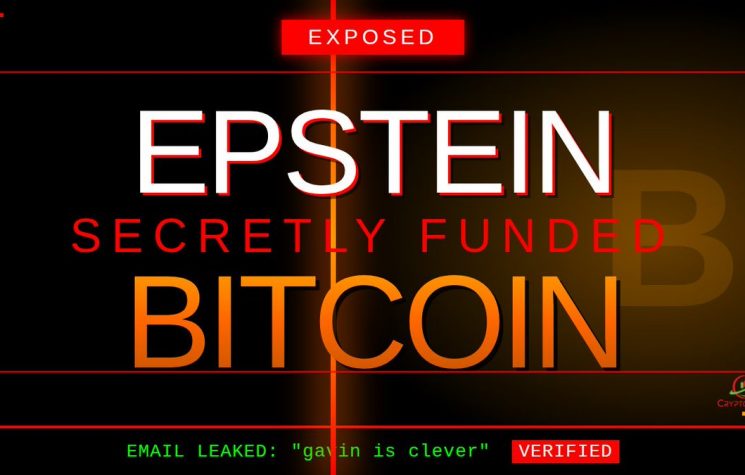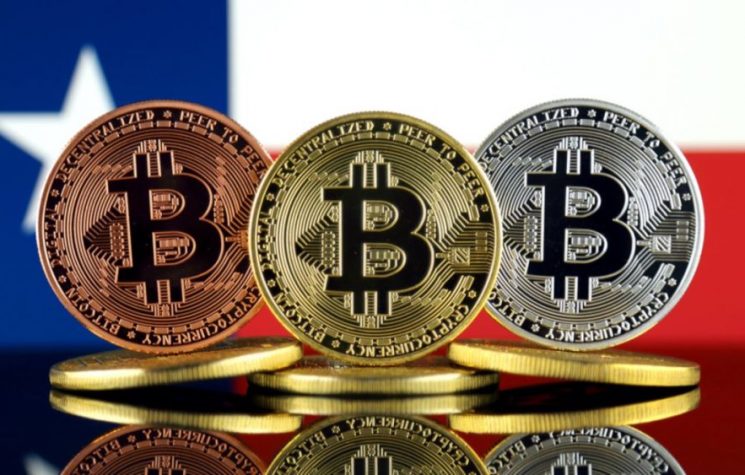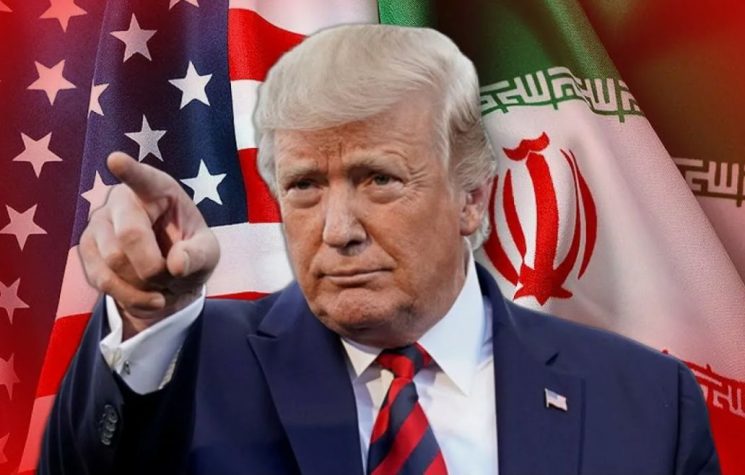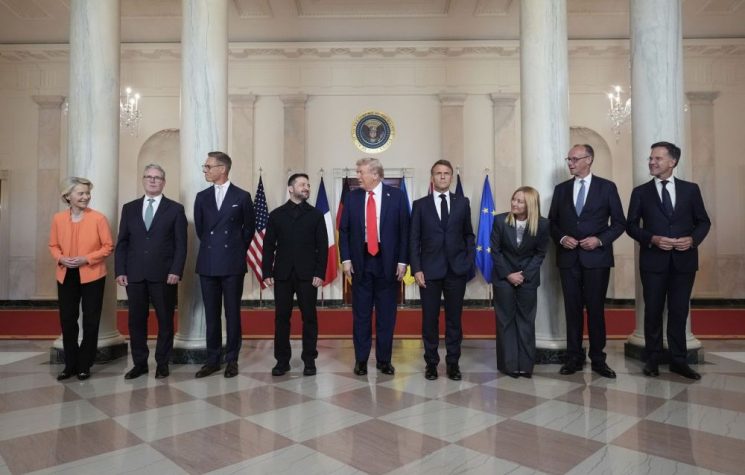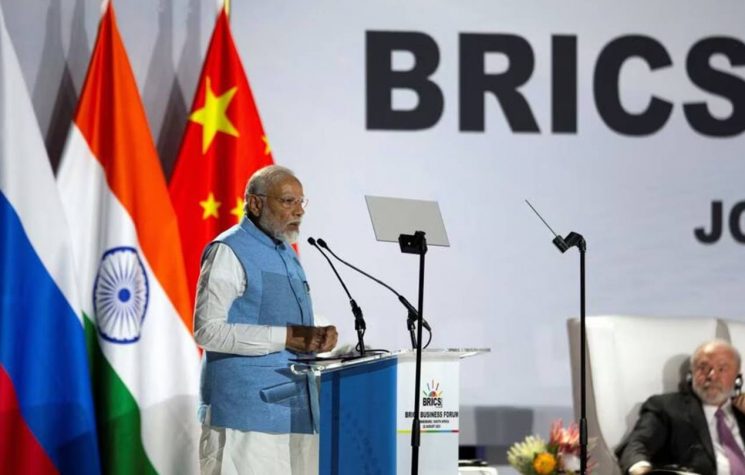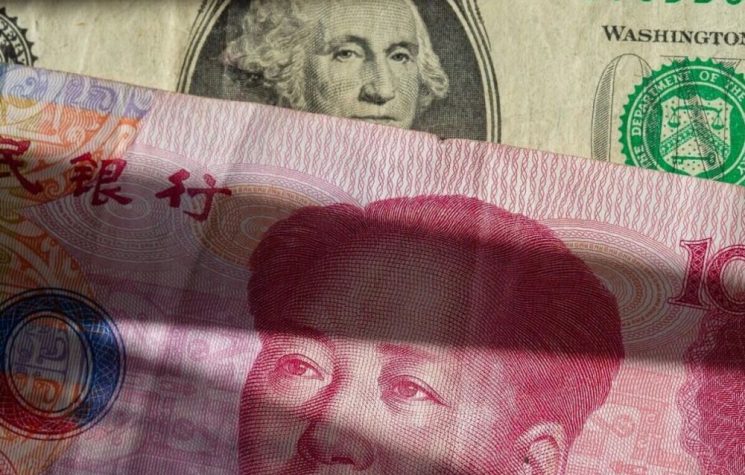The transformation of society also passes through certain experiments. In economic matters, something interesting is happening in the U.S. that deserves to be understood.
Contact us: info@strategic-culture.su
The transformation of society also passes through certain experiments. In economic matters, something interesting is happening in the U.S. that deserves to be understood.
Bitcoins were the first experiment
To be honest, it must be admitted that when cryptocurrencies were launched more than 10 years ago, probably no one imagined that they would be a real success. Today, on the other hand, they are within everyone’s reach, are used by almost everyone and are also entering the systems of the public administration of states.
Certainly the best known and most discussed cryptocurrency is Bitcoin.
Bitcoins are a form of decentralised digital currency, created in 2009 by an individual or group known by the pseudonym Satoshi Nakamoto. Unlike traditional currencies, they do not exist in physical form and are not issued or regulated by any central bank or government. They work through a technology called blockchain, a distributed digital ledger that keeps track of all transactions in a transparent and secure manner.
The blockchain consists of a series of interconnected blocks, each of which contains a list of transactions. Such a structure ensures that information is immutable and accessible to all participants in the network. Transactions are verified by so-called ‘miners’, i.e. individuals or groups who use powerful computers to solve complex mathematical problems.
Bitcoins can be used to buy goods and services, transfer money quickly and anonymously, or as an investment. Their quantity is limited to 21 million, making them a finite and theoretically inflation-resistant resource.
Those who are familiar with cryptos know very well that their weight in the global market is anything but marginal and that there is a direct connection to politics and geopolitics: as events change, crypto prices change immediately. Observing crypto trends allows some analysts to guess profitable trades, but also to read global transformations well in advance of their occurrence.
Bitcoins have proven not only to be the first peer in the world of cryptocurrencies, but also to have decision-making weight in the economic policies of some countries and to be able to move huge amounts of money around the world. A recent case in point is that of the American elections, in which Donald Trump’s victory caused the value of Bitcoins to soar to a new record high.
It is curious that little attention is paid to a very significant detail of Bitcoins: as long as they are used as a ‘game’ by ordinary citizens, little changes; but when they begin to be used as an alternative currency by a state, it means that something important is happening.
A cryptocurrency, in fact, makes it possible to decentralise a certain amount of capital. This means being able to ‘take’ from the banks and control it directly, outside the ‘traditional’ circuit.
This is a fundamental political step. By understanding this, we will understand some of the next likely moves that will take place in various countries around the world.
We saw something similar when the BRICS+ proposed and experimented with Brics Pay, circumventing the complex SWIFT system with just a few clicks. This is by no means a small act.
Just imagine a large-scale deployment of such a tool: an entire country invests in large quantities of cryptocurrencies and administers public accounts with them; or a private individual does the same thing, with the result of evading the scrutiny of their country’s tax authorities; or, as in the case of the United States of America, a single federal state switches its accounts into crypto and evades central control in Washington. Such a deal could bring down a government in a matter of hours.
That is why it is crucial for a government to get its hands on this system, because it is really possible for such a shift to occur in the complex national and international balances. Economic security, but also political success, depends on it.
Texas tries again
Of the same mind, apparently, is Texas, which has been trying to make this shift for some time now.
In 2023, a Texas Senate committee considered an interesting proposal: a new digital currency backed by gold.
Senate Bill 2334 proposes to:
- Establish a new digital currency based on gold and silver through the office of the Texas Comptroller of Public Accounts.
- Support each unit of digital currency issued with a corresponding fraction of a troy ounce of gold or silver held on deposit.
- Allow the creation of individual accounts at the Texas Bullion Depository that could be used to conduct transactions.
The proposal by Senator Bryan Hughes, R-Mineola, would give citizens the option of depositing gold or silver at the state’s bullion depository and being able to spend from their account, just as they would with a debit or credit card. A brilliant idea that was hailed as a great ploy to save against inflation and assert states’ rights in the federal debate on the regulation of digital currencies.
A few days ago, the proposal was reintroduced in a similar form: establishing a Bitcoin reserve, which could serve as a testing ground for the U.S. Treasury. The bill would allow the state of Texas to begin building a strategic bitcoin reserve by accepting fees, taxes, and donations in bitcoins that would be held for a minimum of five years, with a view to strengthening the country’s fiscal stability. Texas is not only the second largest economy in the United States and the eighth largest in the world, it also has the highest concentration of bitcoin miners in the country. The hope is that some of them will start paying taxes in cryptocurrency. The initial proposal does not envisage a direct bitcoin purchase strategy. The call for a national bitcoin strategic reserve – one of President-elect Donald Trump’s election promises – grew louder after the election.
Something similar was also seen in the state of Pennsylvania, which introduced a bitcoin strategic reserve law last November, and there are still 10 federal states discussing a similar solution (plus 4 other countries around the world).
Keep in mind that the creation of a state-issued, gold-backed digital currency would create currency competition with Federal Reserve notes and undermine the Fed’s monetary monopoly, and, moreover, provide an alternative should the Federal Reserve implement a central bank digital currency.
By making gold conveniently available for regular, everyday transactions by the general public, the gold-backed digital currency would create the potential for a far-reaching effect. In a nutshell – and a bit of luck – over time, when state residents use both Federal Reserve notes and gold and silver coins, the fact that the coins retain their value more than Federal Reserve notes will lead to an inverse ‘Gresham’s Law’ effect, in which good money (gold and silver coins) will drive out bad money (Federal Reserve notes).
Gresham’s Law claims that ‘bad money drives out good money’. The reason bad money drives out good money is that governments erect barriers to the use of sound money in everyday life. This makes it more expensive to spend gold and encourages hoarding. When you remove the barriers, you level the playing field and allow gold and silver to compete head-to-head with Federal Reserve notes. On a level playing field, gold always beats fiat currency.
The creation of a digital currency backed by gold would take the process of abolishing the Federal Reserve System a step further by attacking it from the bottom up.
We are literally talking about a revolution of global proportions. One of those steps that would force many other countries – especially major competitors – to reformulate their economies and run after sudden changes in the market.
A fine poker hand, in perfect American bluff.
We will see if this is indeed the case. Certainly such a move would allow the new American presidency to solve some domestic problems and spite its Eastern adversaries.










